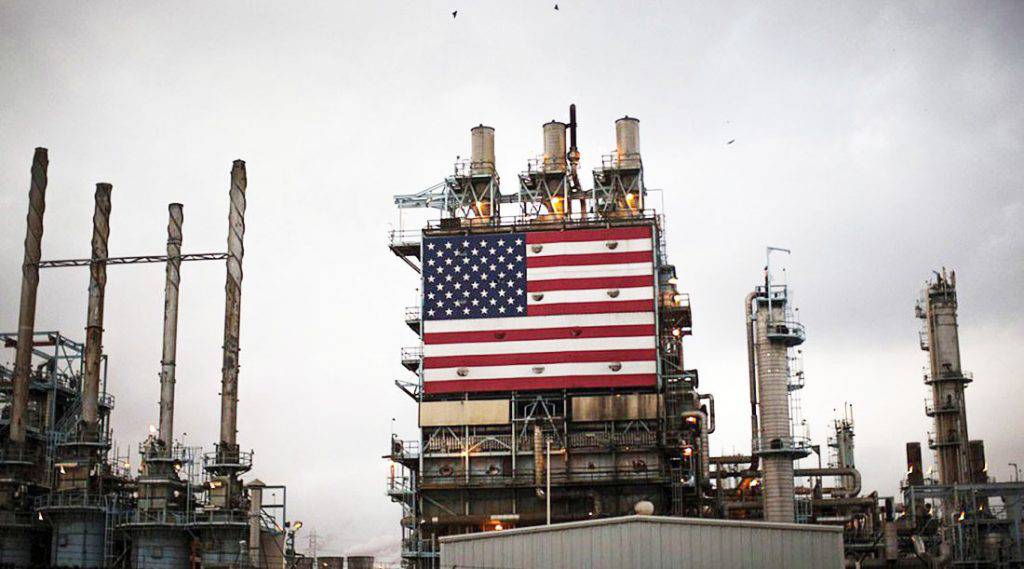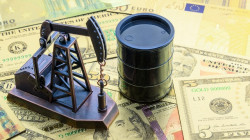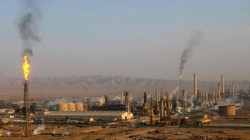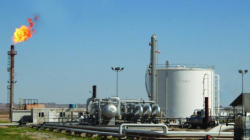Oil prices drop $2 on COVID-19 rise in Asia, inflation fears

Shafaq News/ Oil prices dropped over $2 a barrel on Wednesday on renewed demand concerns as coronavirus cases in Asia rise and on fears rising inflation might lead the U.S. Federal Reserve to raise interest rates, which could limit economic growth.
Prices fell even though U.S. data showed a smaller-than-expected build in crude inventories and a bigger-than-expected decline in gasoline stockpiles.
Brent futures fell $2.62, or 3.8%, to $66.09 a barrel by 11:15 a.m. EDT (1515 GMT). It settled 1.1% lower on Tuesday after briefly climbing to a 10-week high over $70 during the session.
U.S. West Texas Intermediate (WTI) crude fell $2.73, or 4.2%, to $62.76. Earlier in the day WTI was down over 5%.
The U.S. Energy Information Administration (EIA) said crude inventories rose 1.3 million barrels last week versus an expected 1.6 million barrel increase, while gasoline inventories dropped 2.0 million barrels versus an expected 0.9 million barrel decline.
The American Petroleum Institute (API) industry group late Tuesday reported similar data late on Tuesday.
On Tuesday, Brent's rise to $70 came on optimism that oil demand would surge with the reopening of the U.S. and European economies. It retreated on fears of slowing fuel demand in Asia where surging COVID-19 cases prompted new restrictions in India, Taiwan, Vietnam and Thailand. Rumors of progress in the Iran nuclear talks also hit prices for a while on Tuesday, sparking concern that more supply would soon come on the market.
"While optimism surrounding the economic re-opening in the West helped drive Brent to $70, the move has proved unsustainable and somewhat irrational given the COVID picture in Asia," said OANDA market analyst Sophie Griffiths.
"The global picture for demand is probably the most divided it has been since the start of the pandemic."
Analysts have said Iran has the potential to provide about 1-2 million barrels per day (bpd) in additional oil supply if a nuclear deal is struck.
Despite this, Russian Deputy Prime Minister Alexander Novak said oil prices were stable and the market had roughly balanced.
Uncertainties over inflation also prompted investors to reduce exposure to riskier assets like oil.
Westpac economist Justin Smirk said speculation that the Federal Reserve might raise rates because of inflation fears weighed on the outlook for growth and commodities demand.
"The Fed's very serious (about holding rates low), but the market's speculating about earlier movement," he said.
The Fed has indicated that interest rates will stay at current low levels through 2023 though futures markets show investors believe rates may start to be raised by September 2022.
Crude prices also were pressured as the U.S. dollar bounced higher against a basket of currencies, a day after falling to its lowest since January. A stronger dollar makes oil more expensive for holders of other currencies.





